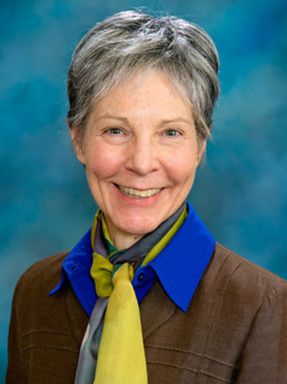Professor, Sturm College of Law, University of Denver
K.K. DuVivier
Interviewer: Sharon Jacobs, Interview date: May 23, 2020
Keywords: Wake Effect, Legal Regimes, Terrestrial Wind
Siting Wind Turbines
“Despite the federal government’s efforts to promote wind energy, only about 5 percent of the total producing wind energy capacity on federal lands has yet been developed.”
“In most states you have a statewide commission that regulates oil and gas, so they have the advantage of having uniform regulations … that renewables don’t have. And renewables have had to buck up against this. So I tend to fall on the side of statewide siting. … [Local governments] don’t often have the expertise … to decide what is an appropriate siting.”
“The wind industry has developed in a ‘wild west, claim jumper’ type of environment where companies don’t want others to even know what they are doing. And they intentionally tie up land around a critical transmission connectuion to prevent others to be able to compete … These ‘moats’ … render large areas an unproductive waste zone.“
“At least if you had setbacks or codified rules, then you could have some basis for nuisance legislation… I recommend something more like site specific planning, which would be more like pooling or unitization in oil and gas. And requiring cooperation with neighboring projects.”
Prof. K.K. DuVivier teaches natural resources, both Energy Law and Mining Law, at the University of Denver’s Sturm College of Law. From 2009-2010, she was designated Director of DU Law’s Environmental and Natural Resources Law Program. She also has taught energy and renewable energy courses as a visiting professor at Lewis & Clark Law School and at the University of Houston Law Center.
-
Lundquist, DuVivier, Kaffine & Tomaszewski, “Costs and consequences of wind turbine wake effects arising from uncoordinated wind energy development,” Nature Energy (2020)
-
DuVivier and Witt, “NIMBY to NOPE—Or YESS?” Cardozo Law Review (2017)
-
DuVivier and Mooney, “Moat Mentality: Onshore and Offshore Approaches to Wind Waking,” Notre Dame Journal of Emerging Technologies (2020)
To learn more about K.K. DuVivrier, please visit her home page: HERE


Recent Comments